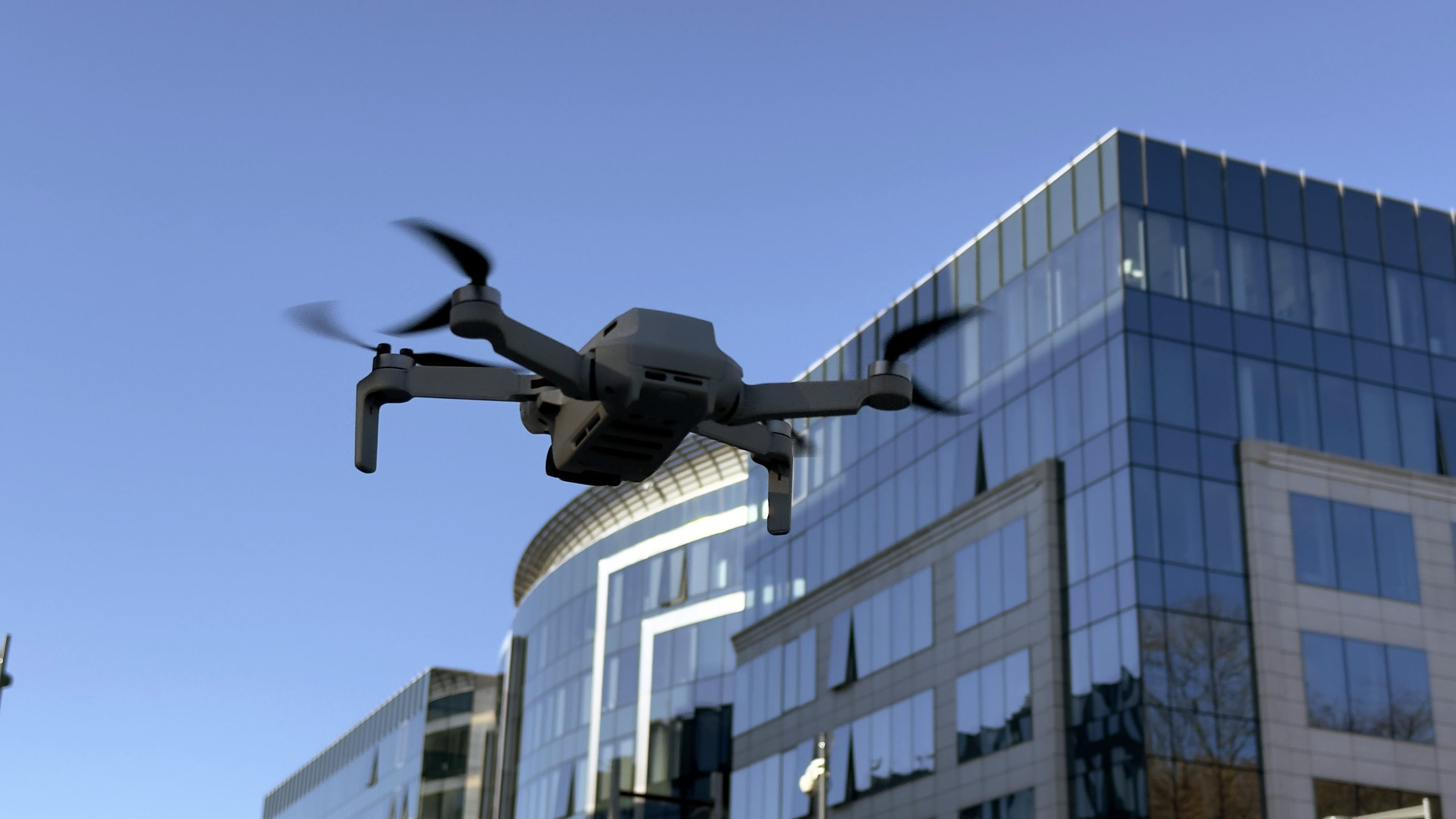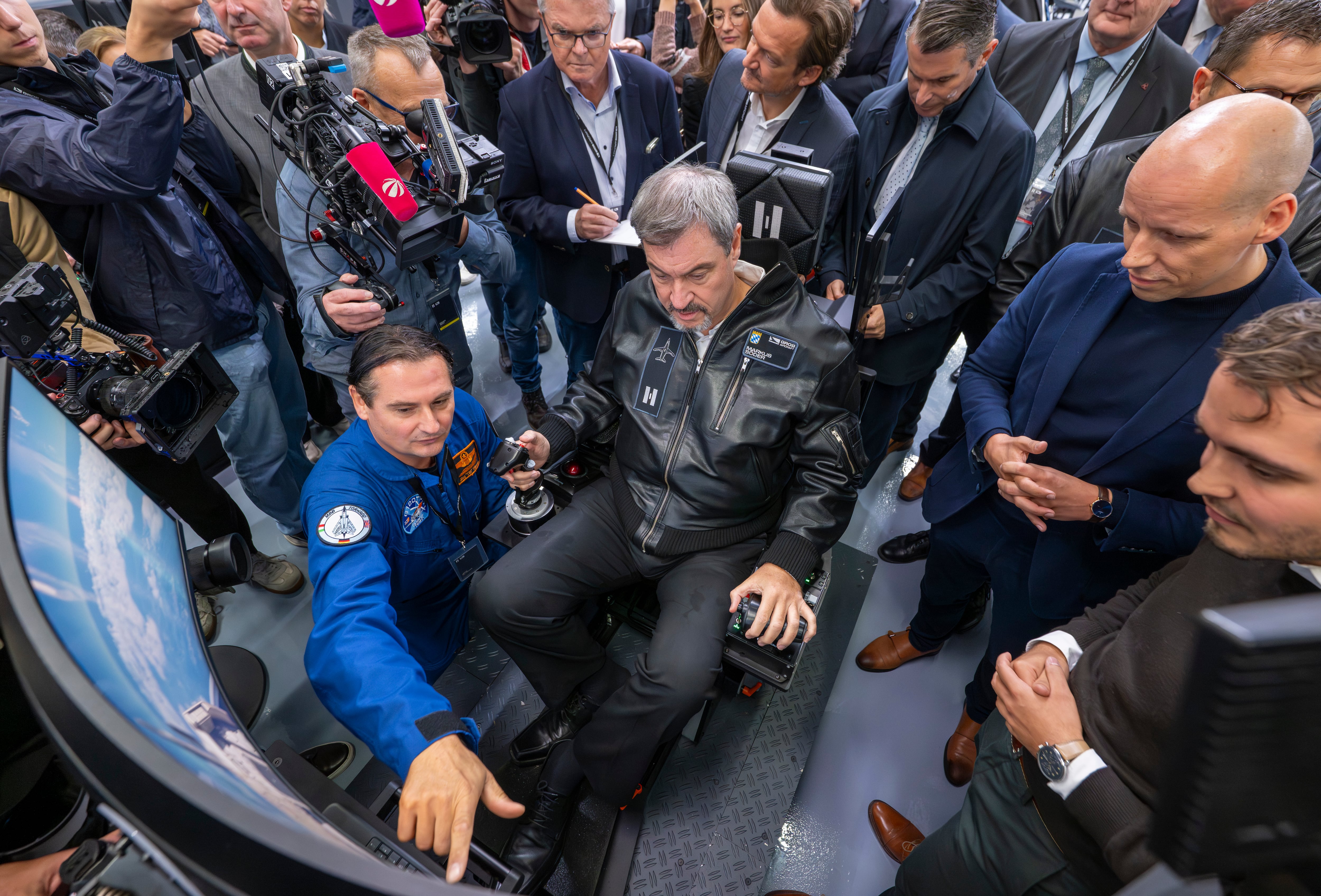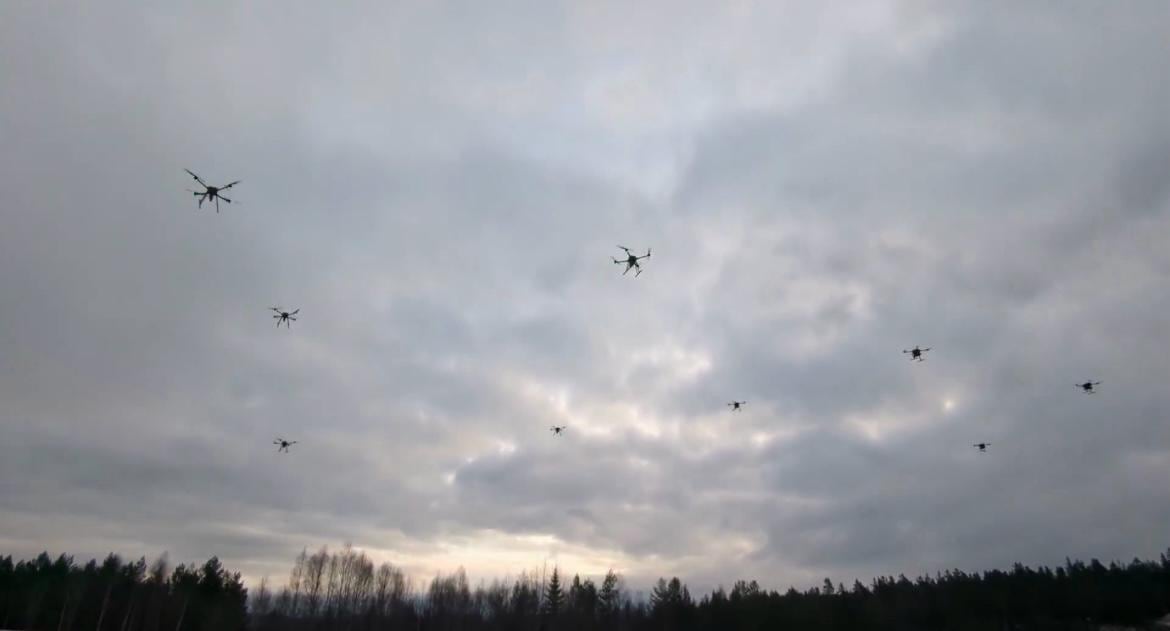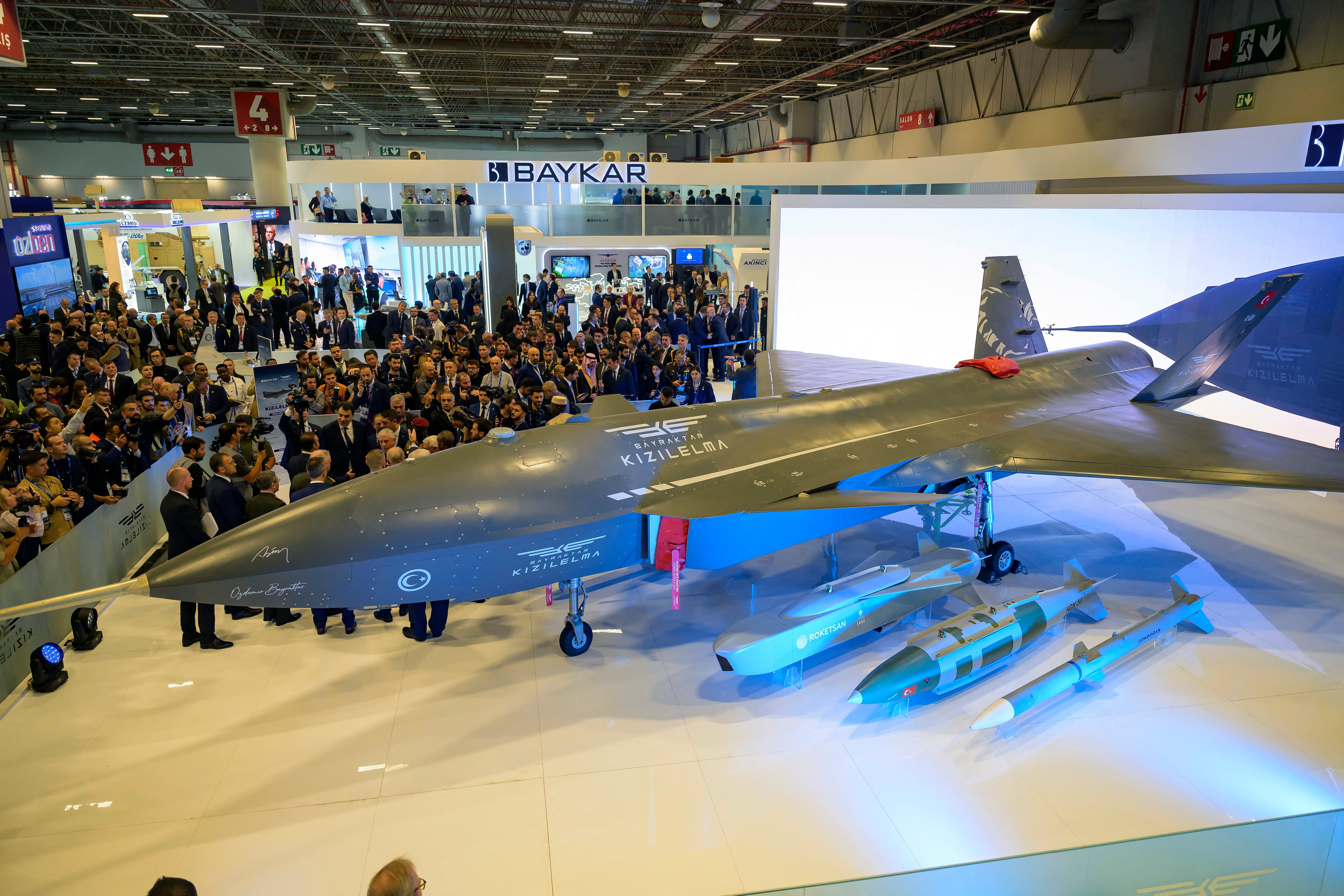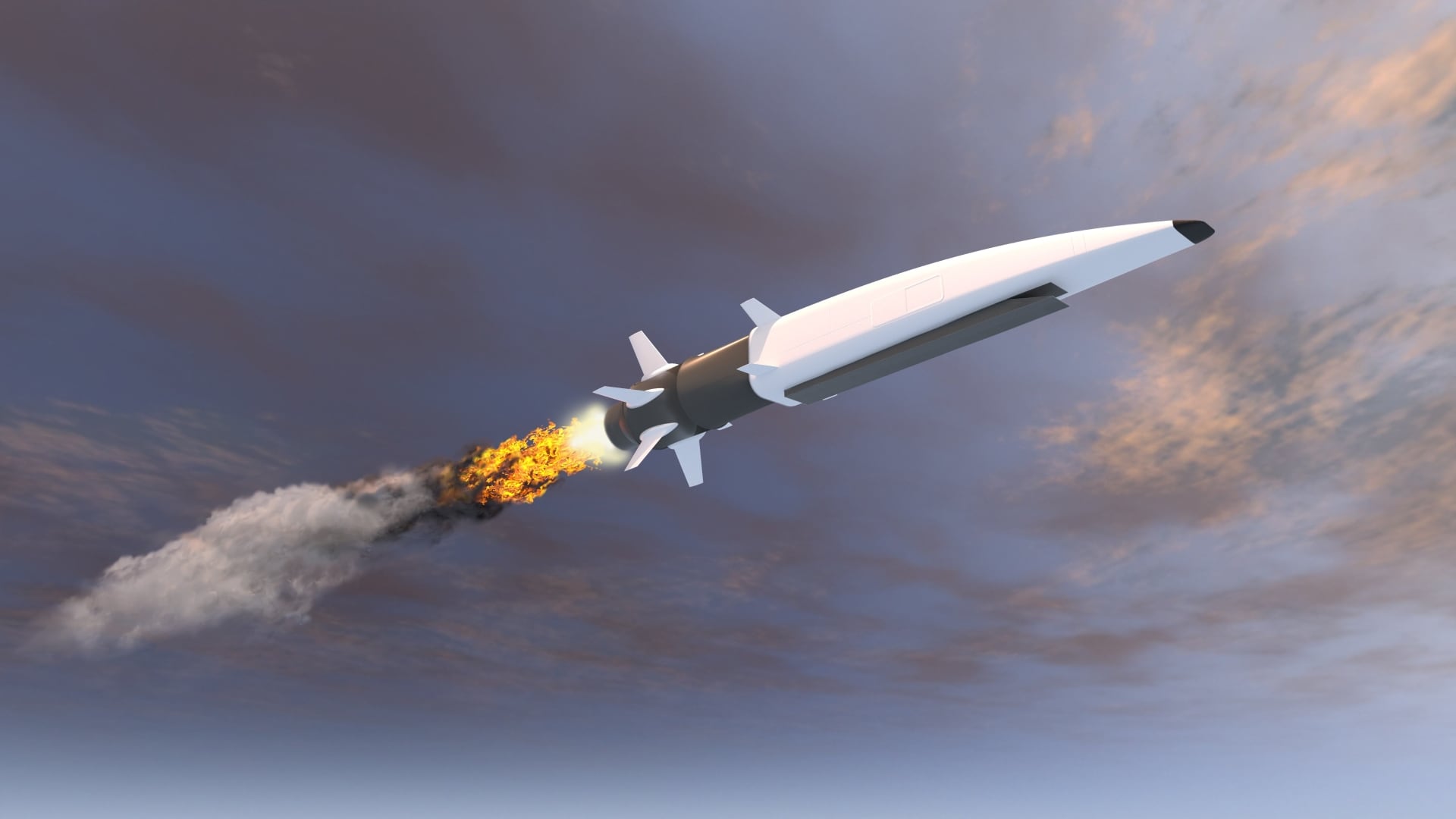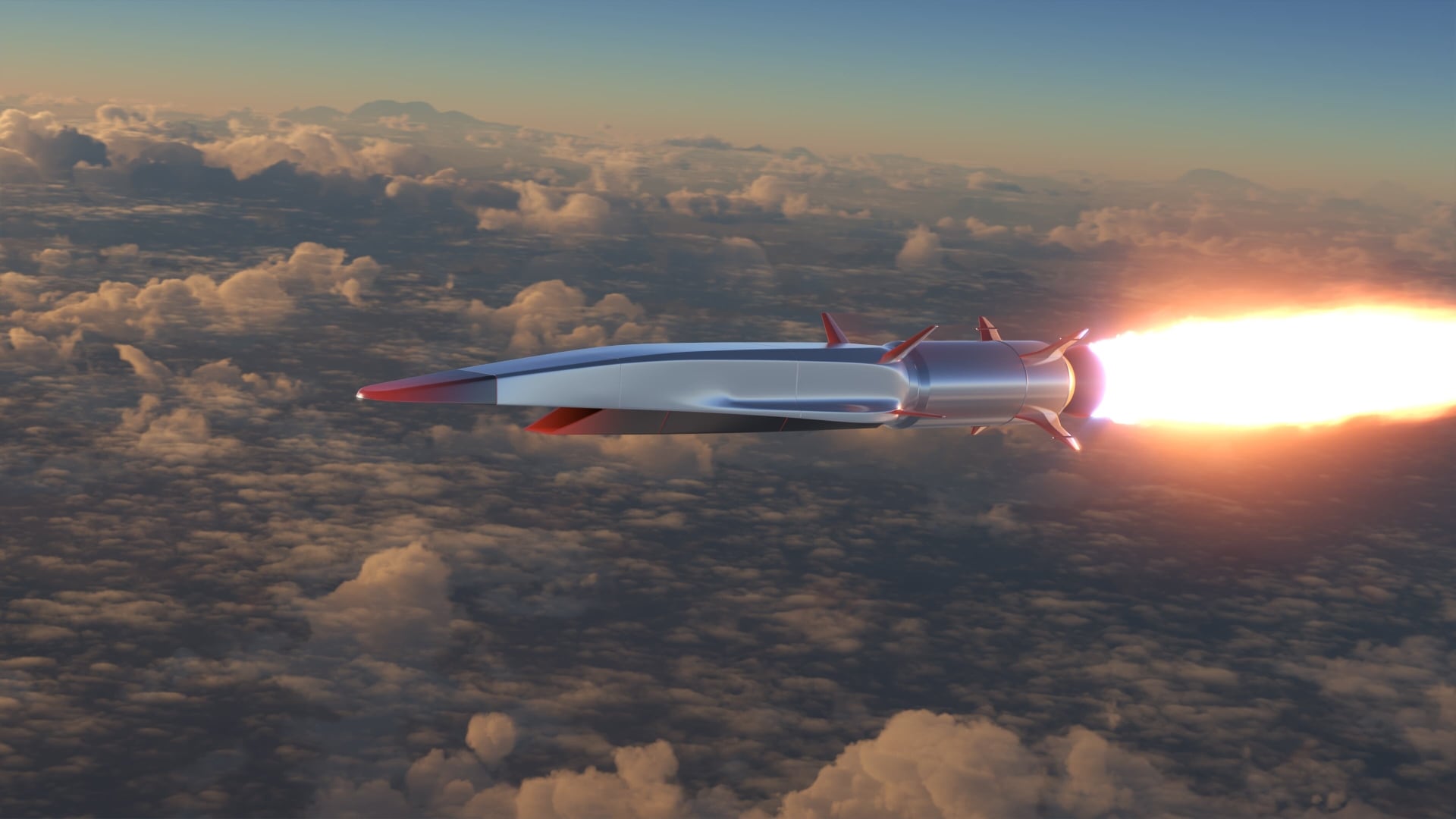WASHINGTON – The Trump administration is preparing to announce new restrictions on Chinese science and technology students, in a move experts warn may end up backfiring and harming America’s ability to develop key new technologies.
The new limitations, first reported by the AP May 29 and later confirmed by various media outlets, are planned to go into effect June 11. They would create one-year limits on visas for Chinese students coming to America to study high-tech sectors such as robotics and aviation.
It’s clearly a decision the administration has been weighing for some time, one previewed by the National Security Strategy released in December.
“The United States will review visa procedures to reduce economic theft by non-traditional intelligence collectors,” the document reads. “We will consider restrictions on foreign STEM students from designated countries to ensure that intellectual property is not transferred to our competitors, while acknowledging the importance of recruiting the most advanced technical workforce to the United States.”
But analysts aren’t confident the visa limits will help keep U.S.-born technology safe — and worry that doing so could actually harm American innovation, particularly in the realm of artificial intelligence.
In December, a RAND study suggested that rather than limiting the number of foreign born experts, the U.S. should be expanding immigration policy in order to lure skilled technologists to America.
RELATED
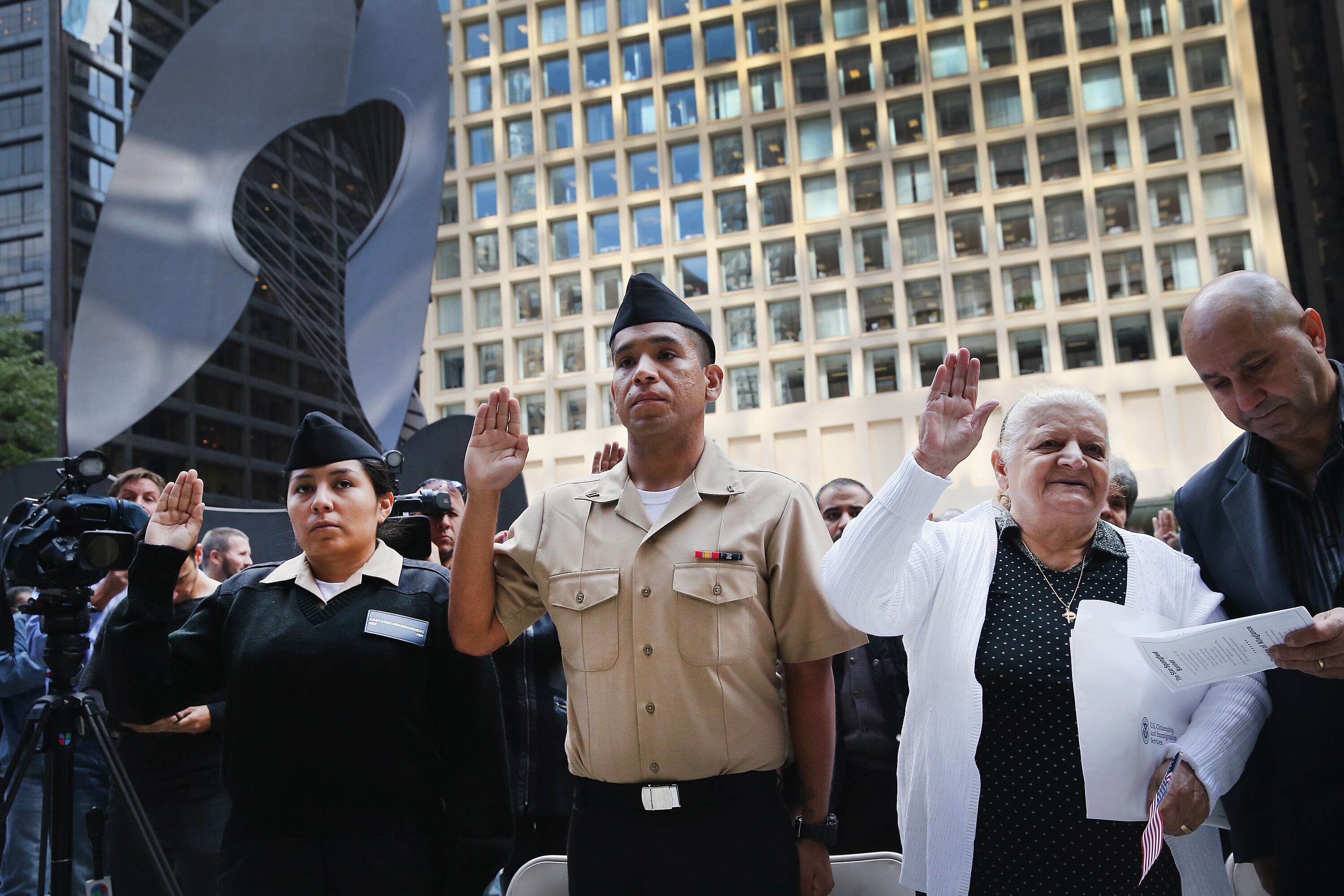
As part of that report, the researchers found that a high percentage of U.S.-resident AI experts are foreign born or first-generation immigrants, that the American educational pipeline is not supplying enough AI expertise, and that it would benefit the U.S. to monopolize the global AI talent by encouraging immigration rather than blocking it.
Those argument appear to be shared by one of the most influential voices in the tech community: Eric Schmidt, who until recently led Alphabet, the parent company of Google.
In November, Schmidt warned against limiting the ability of foreign experts to come into the U.S., even as he noted China is gaining significant ground in the artificial intelligence race.
RELATED
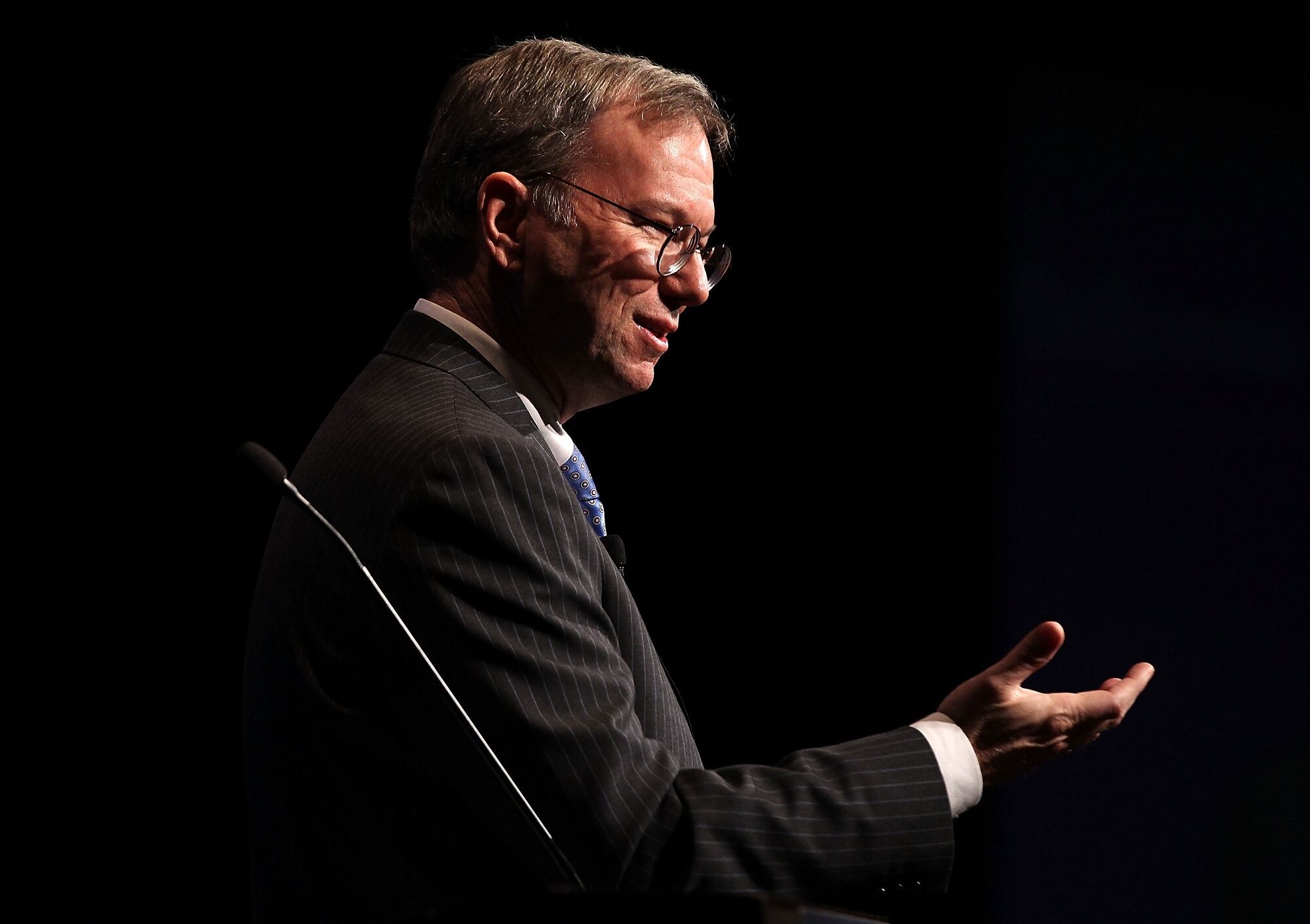
“Would you rather have them building AI somewhere else, or would you rather have them building here?” Schmidt said then, echoing long-standing complaints from the tech community over immigration issues — complaints that have only gotten louder under the Trump administration.
“Iran produces some of the smartest and top computer scientists in the world,” Schmidt added. “I want them here! I want them working for Alphabet and Google. I’m very clear on this. It’s crazy not to let these people in.”
Amir Husain, the founder and CEO of Austin-based SparkCognition and author of the AI-focused book “The Sentient Machine,” also warned against blocking expertise from coming into America during a March event launching a new AI task force at the Center for a New American Security.
“Our universities can be responsible. They don’t have to provide classified information in undergraduate classes,” Husain said. “But, in general, the influence that America has had in the world even when these students have gone back to their countries has been tremendous.”
But Paul Scharre of the Center for a New American Security notes that China has been “aggressively and strategically investing in U.S. tech companies, recruiting talent, and engaging in intellectual property theft to try to gain an unfair edge on competitors,” to the point that the U.S. needs to be thinking about ways to level the playing field.
RELATED
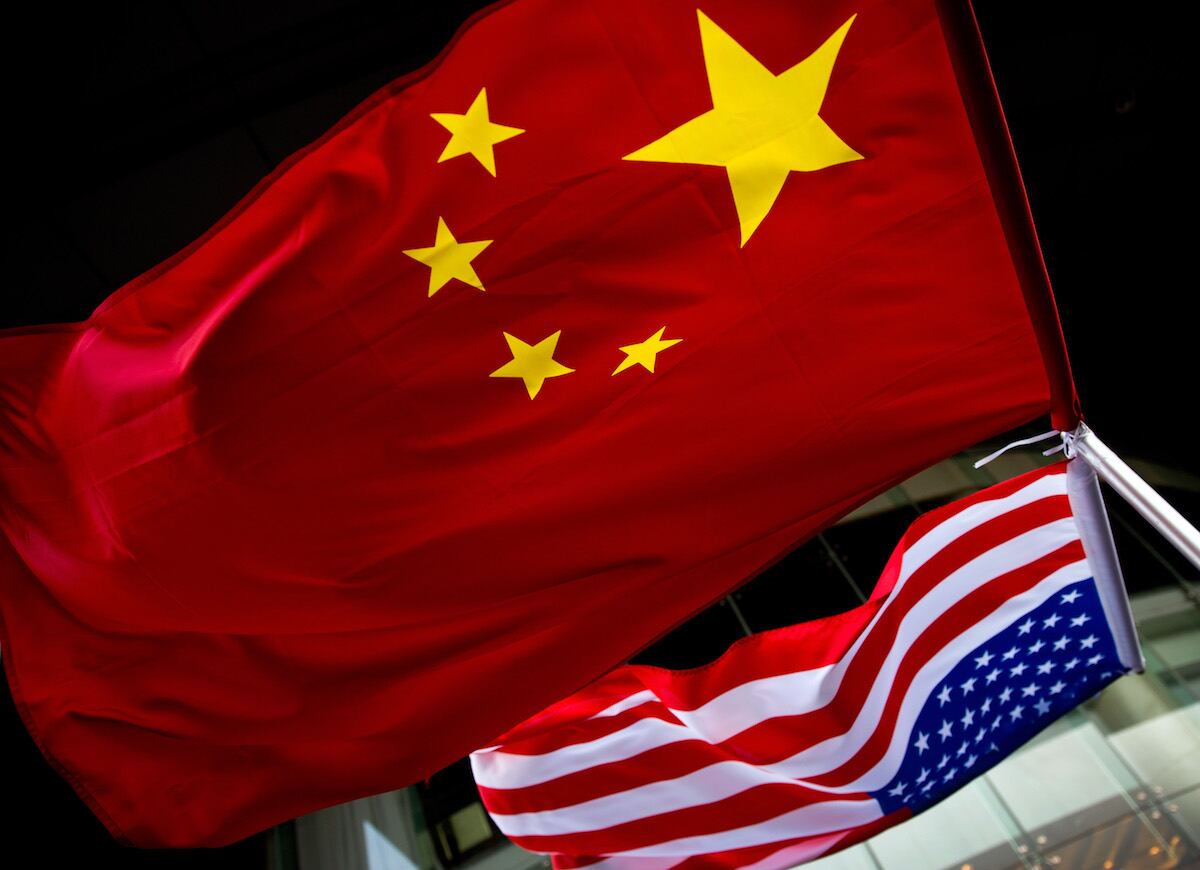
Whether this is the best way to go about doing that, however, isn’t clear for Scharre, the head of the CNAS AI task force.
“We should be siphoning off the top talent in the world and recruiting them to stay in the United States, not pushing them away,” he said. “Having said that, China is arguably a special case. To the extent that this decision regarding Chinese visas is a bargaining chip to give the U.S. greater leverage to compel China to compete more fairly on high-technology issues, then I see the merit.”
And industry is certainly looking for ways to secure its intellectual property, which has been victimized by Chinese theft over the last decade.
“This is a part of the fair trade aspect of this, the technology transfer,” said Eric Fanning, CEO of the Aerospace Industries Association, when asked about the potential visa change.
AIA members are “concerned about the loss of IP and technology transfer that frankly is a national security issue in addition to an economics security issue. That’s part of the difficulty in trying to balance this,” he said.
Aaron Mehta was deputy editor and senior Pentagon correspondent for Defense News, covering policy, strategy and acquisition at the highest levels of the Defense Department and its international partners.

